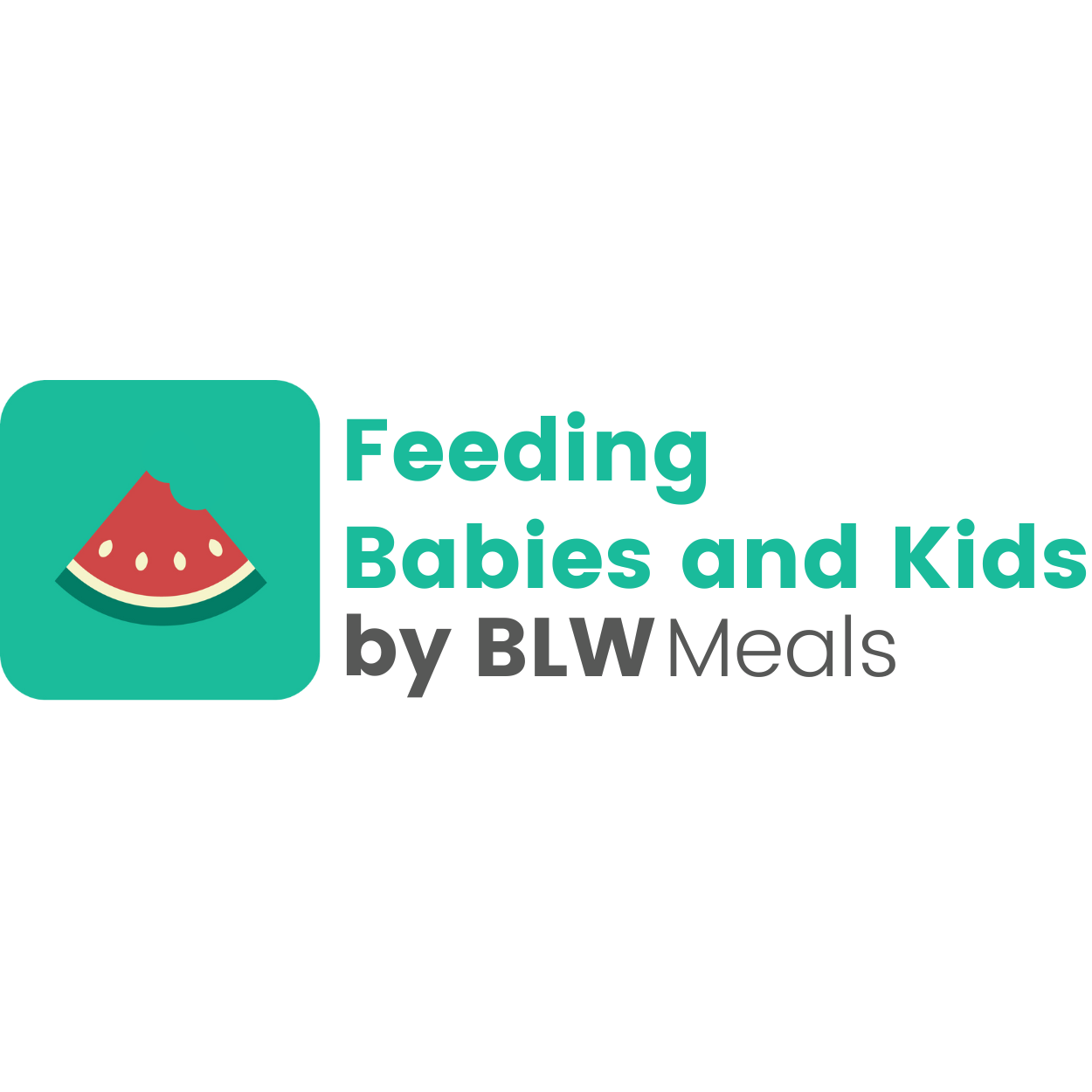
When can babies have pumpkin?
Babies can be served pumpkin as soon as they start solids at 6 months of age.
How do you serve pumpkin to babies?
Peel the cooked pumpkin (or squash) and cut it into thin slices, about half a finger wide, or into sticks slightly longer than your index finger. The cut may vary depending on the type of pumpkin. If the slice is too long, cut it in half to make it easier for the baby to hold. If the pumpkin is very soft and easily mashed, it may be better to puree it.
6–8 Months – Offering with a Spoon:
If you choose not to start with finger foods, you can offer pumpkin puree. Around 7–8 months, transition to offering pumpkin in sticks or slices to encourage self-feeding.
You may also like: How do I offer foods safely with BLW?
How to prepare pumpkin for babies
Pumpkins are very versatile and can be prepared in various ways:
Roasting:
- Cut in half lengthwise and remove the seeds.
- Place flesh-side down on a parchment-lined baking sheet.
- Pierce the skin a few times with a knife.
- Bake at 350°F (175°C) for 45–50 minutes until a fork easily pierces the skin.
Boiling:
-
- Peel and cut into the desired size.
- Place in a pot of water and boil for 20 minutes or until fork-tender.
Steaming:
-
- Cut into desired size and place in a steamer basket over 2–3 inches of boiling water.
- Cover and steam for about 20 minutes until fork-tender.
Microwaving:
-
- Cut into pieces and place flesh-side up in a microwave-safe dish.
- Cover and cook on high for 8–10 minutes, adding 2-minute increments if not yet soft.
Season with natural spices like garlic, paprika, cinnamon, ginger, allspice, cloves, or rosemary. If roasting, season before baking. If steaming, boiling, or microwaving, season after cooking.
Storage and Durability
-
- Store whole pumpkins in a cool, dry place, away from direct sunlight. They can last up to 3–4 months.
-
- Once cooked, store pumpkin in an airtight container in the fridge for up to 3 days or freeze for up to 30 days.
Nutritional Benefits
Pumpkin is rich in vitamins A, B, and C, and minerals like phosphorus, potassium, calcium, sodium, and iron. It is also a great source of antioxidants (carotenes).
Potential Reactions
-
- May soften stool.
-
- Allergy risk is rare, though some babies may experience mild skin irritation. Washing hands and the face after eating can help minimize this.





Leave a Reply